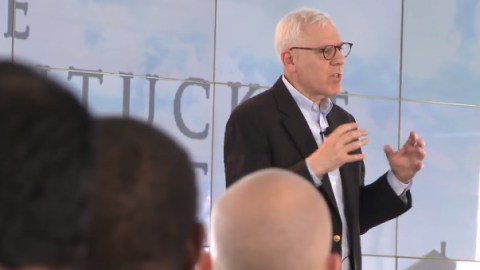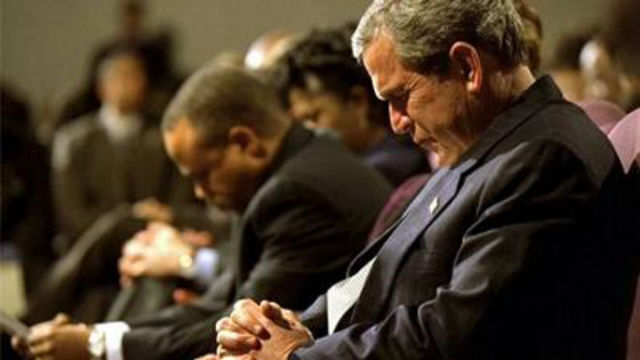What Patriotic Philanthropy Means

David Rubenstein, the co-founder of The Carlyle Group, credits his country, the United States, for his ability to rise up from a modest upbringing to become a successful businessman. Because of this, he now practices what he calls Patriotic Philanthropy.
So what does that mean?
Philanthropy is not rich people writing checks, Rubenstein says, pointing out that the ancient word philanthropy means loving humanity. You can help other people in a number of ways – with your ideas, your time, your energy, or with your money. Rubenstein says he tries to do this in the most intelligent ways possible, and one of those ways is by supporting government institutions such as the National Archives, the Smithsonian, the Kennedy Center or the National Park System.
Speaking at The Nantucket Project, a festival of ideas on Nantucket, MA, Rubenstein tells the story of how he stumbled upon this idea. Rubenstein learned that a copy of the Magna Carta, the 13th century document that forced King John of England to honor the rights of his subjects, was being auctioned at Sotheby’s.
This rare document – one of only 17 in the world – was owned by Ross Perot. But according to the Sotheby’s curator, it would likely go to a bidder who would take it outside of the United States. At that point Rubenstein decided that he would make a bid to keep this document in the country, since it was “the inspiration for the Declaration of Independence and the inspiration for the Constitution.”
When he found out he had won the auction, Rubenstein told reporters that upon his death the Magna Carta will go to the National Archives “as a downpayment to my country for the good fortunes I have had.”
This got Rubenstein into the habit of buying other historic documents and making sure that Americans knew that they were present in this country. This included a rare copy of the Emancipation Proclamation that is in the Oval Office now.
“I’m trying to convince people a bit that not only should you learn more about our country and the great freedoms it has,” Rubenstein says, but also do something to give back to your country.




